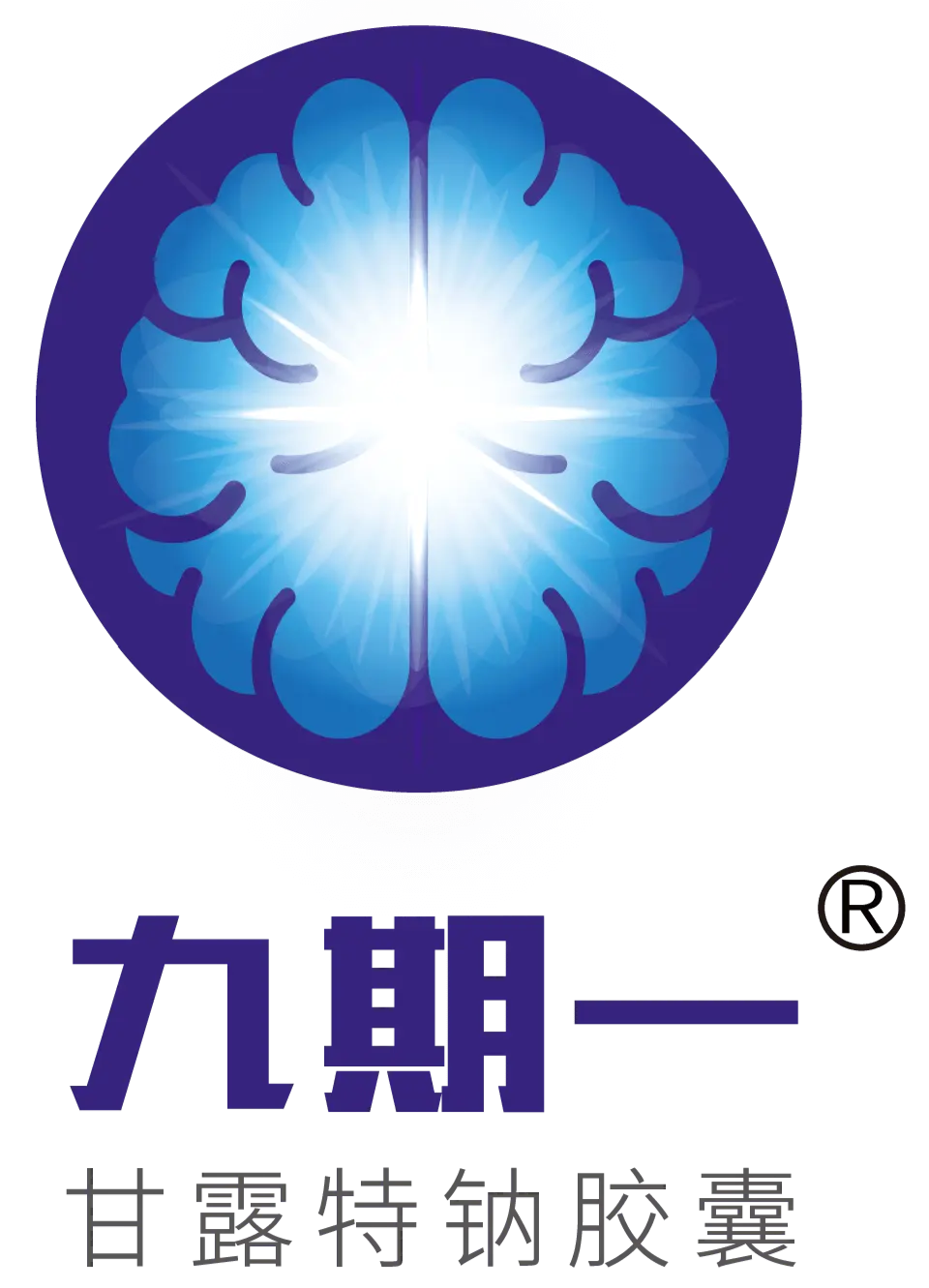Sodium Oligomannate in Treatment of Alzheimer’s Disease with Irritable Bowel Syndrome: A Case Report
In September 2021, Chinese Journal of New Drugs and Clinical Remedies published a single-case study by Zhao Wen's team from Tianjin Medical University General Hospital, introducing the curative effect of sodium oligomannate in treating Alzheimer's disease (AD) with irritable bowel syndrome (IBS).
Irritable bowel syndrome (IBS) is a disorder with abdominal pain, bloating or abdominal discomfort as the main symptoms. While the exact pathological mechanism of IBS remains unclear, it is generally believed that the disorder is associated with abnormal gut-brain interactions. Sodium oligomannate (marketed as “GV-971”) is the world’s first novel drug for treating AD that targets the gut-brain axis, and some studies have revealed that the gut-brain axis is also closely associated with IBS.
For the first time, the case study reports a patient with AD complicated by IBS, on whom treatment with donepezil and memantine turned out to be ineffective. However, after treatment with sodium oligomannate, the patient’s cognitive function and IBS symptoms were improved simultaneously, which provides a reference for the clinical diagnosis and treatment of AD and IBS with the drug.
CASE REPORT
The clinical symptoms of the patient were mainly progressive cognitive dysfunction, with a Mini-Mental State Examination (MMSE) score of 10, and blood tests and imaging exams ruled out other pathological changes such as hypothyroidism and ischemic cerebrovascular disease – the patient was finally diagnosed with AD complicated by IBS. There was no improvement in cognitive function after treatment with donepezil and memantine, so the treatment plan was modified to sodium oligomannate alone at 450 mg twice-a-day (b.i.d.). After 8 months of treatment, the family reported that the patient began to interact with the caregiver, and after 10 months, the patient’s MMSE score improved from 10 at the first clinic visit to 16, indicating that the patient’s cognitive function had been improved, so the sodium oligomannate treatment plan was continued.
With an 8-year history of IBS, the patient had been treated with Guchang Zhixie Pills for a long time, but with suboptimal response, so repeated abdominal pain, diarrhea and irregular defecation occurred. During the follow-up treatment of AD, it was found that the patient's symptoms of abdominal pain and diarrhea were also relieved, suggesting that the patient's improvement of IBS may result from sodium oligomannate.
DISCUSSION
With AD being a neurodegenerative disease that occurs in senile or pre-senile age, its pathogenesis is not completely clear, and the currently-available therapeutic drugs and their curative effects are very limited. In this case, the patient’s cognitive function wasn’t effectively improved after treatment with cholinesterase inhibitor and excitatory amino acid receptor antagonist. But after the treatment plan was modified to sodium oligomannate, it was found that both the patient's cognitive function and IBS were improved. Considering the drug’s mechanism of action, the case suggests that remodeling the gut microbiota and targeting the gut-brain axis may be an important direction for treating AD.
Link:http://qikan.cqvip.com/Qikan/Article/Detail?id=7105972913








